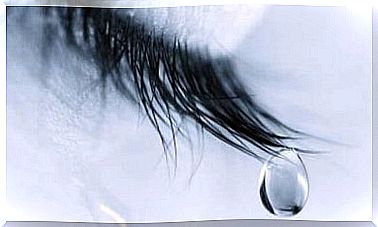Do Hurting, Critical People Lack Something Inside?

What could be the reason why people constantly need to criticize things around them to feel good? What could be the motivation behind critical people’s hurtful criticism? What is missing on the inside that needs to be filled up?
The answer to these questions can be the key to understanding critical people.
A study at Wake Forest University showed that critical people were actually unhappy and showed a higher risk of depression.
Another recent study also showed this. It revealed how destructive criticism, rejection and humiliation are treated in the same part of the brain. It is the part that regulates our feeling of pain.
If we think a little about this sentence, we can realize that critical people are least happy with their lives. They are people who need to “lower the outer to raise the inner”.
People who are not happy with the performance of others prefer to cause problems rather than suggest solutions. They are negative people, or empty with low self-esteem.

Low self-esteem is the basis for destructive criticism
What we criticize about other people says more about us than it does about them. When we talk about other people, we are actually projecting our own qualities onto others.
In this case, critical people project aspects of their personality or behavior that they do not accept or want to see in themselves. But they see it in others.
This is why people who are healthy and have a good self-esteem do not constantly criticize. It’s because they have internal peace. They know themselves and know what they do not like about themselves.
That is why they work with themselves and not just with other people. A good self-esteem and a healthy relationship with oneself determines how we interact with others.
So what can we do? When we see something in someone else that annoys, displeases, or irritates us, we should see how much of it actually exists in us.
How does this affect me? Why can I not cope? Why do I not like to be near them? Maybe it will bring us closer to understanding a part of ourselves that we thought was outside of us.

How can we make criticism positive?
Before we criticize, we should ask ourselves a question. Will my comment help at all? That is, do I provide information, advice or anything that is valid for them? Is it constructive or destructive? If I’m not going to add anything, why should I take something away?
That’s another good question. Am I criticizing something about the other, or something I do not really like about myself? What part of the behavior do I not tolerate in my own? What part of that criticism really has to do with me?
Finally, before we criticize, we should turn to empathy. Before we make a subjective comment, it is best to think about the other person. Because there are two sides to every story, right?
What could have made them work that way? What can I do to improve that situation? How does it affect me, or what effect will my comment have?
When criticism comes from a person with a healthy inner self, it is useful criticism. On the other hand, when we criticize out of anger, bitterness, envy or unhappiness, it is negative. And it can be very harmful.









